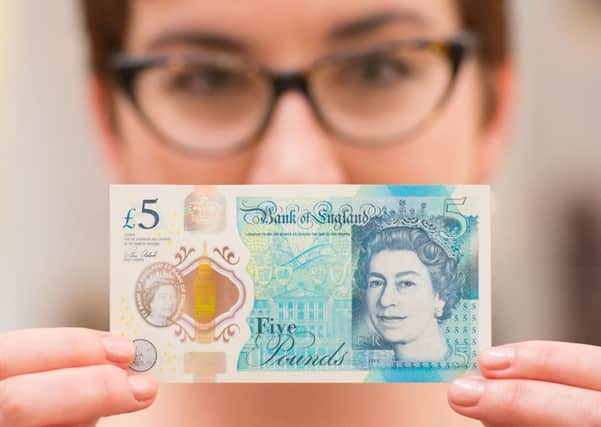Is an IVA a magic button to clear your debts?


An Individual Voluntary Arrangement (IVA), is a type of debt solution designed to help people who can no longer afford to repay their unsecured debts at their current level.
When you’re on an IVA, you pay a lower amount towards your unsecured debts each month. The amount you pay is worked out so that you can afford all your other essential bills as well, and the plan normally lasts for five years.
Advertisement
Hide AdAdvertisement
Hide AdTo qualify for an IVA you have to be insolvent, which means you’re unable to afford your debts when they are due, or that your debts are worth more than your assets. An IVA will also have a negative effect on your credit history for six years from the date that you start it. This can mean you’re less likely to be approved for credit in the future, or that borrowing costs you more in interest.
Will my debt be written off?
As we said, you may have heard claims that an IVA can write off some of your debt. This is true, but only if you stick to the rules of your IVA.
You have to stick to a budget while you’re on an IVA because you need to make sure that you put as much money towards your debts as possible. It’s also important that you keep up with your monthly payments and pay in any extra money that might be due in. For instance, if you happen to be paid more in overtime or commission, you might have to pay in more to your IVA depending on how much more you’ve earned.
If you complete the IVA successfully, then yes, the rest of your debts included on the plan are written off.
Will I lose my house?
Advertisement
Hide AdAdvertisement
Hide AdIf you own a home, you won’t lose it with an IVA, but you may need to try to remortgage and release some equity (if you have any). If you can’t remortgage, the plan will just be extended for up to another twelve months. So instead of remortgaging and putting that money into the IVA, you would continue to pay into your IVA for up to an extra year.
Because you’re not required to sell your house - which may happen if you go bankrupt - an IVA can sometimes be a good option for home-owners struggling with their repayments.
Are IVAs a good way of getting debt free?
Whether or not an IVA is a good option for you just depends on your particular circumstances. If you’re confused about how to move forward with unmanageable debts, speaking to a trained debt advisor is the best thing you can do. They can tell you whether or not an IVA is right for you, and about the other debt solutions available too.
Debt Advisory Centre: 0161 871 4881